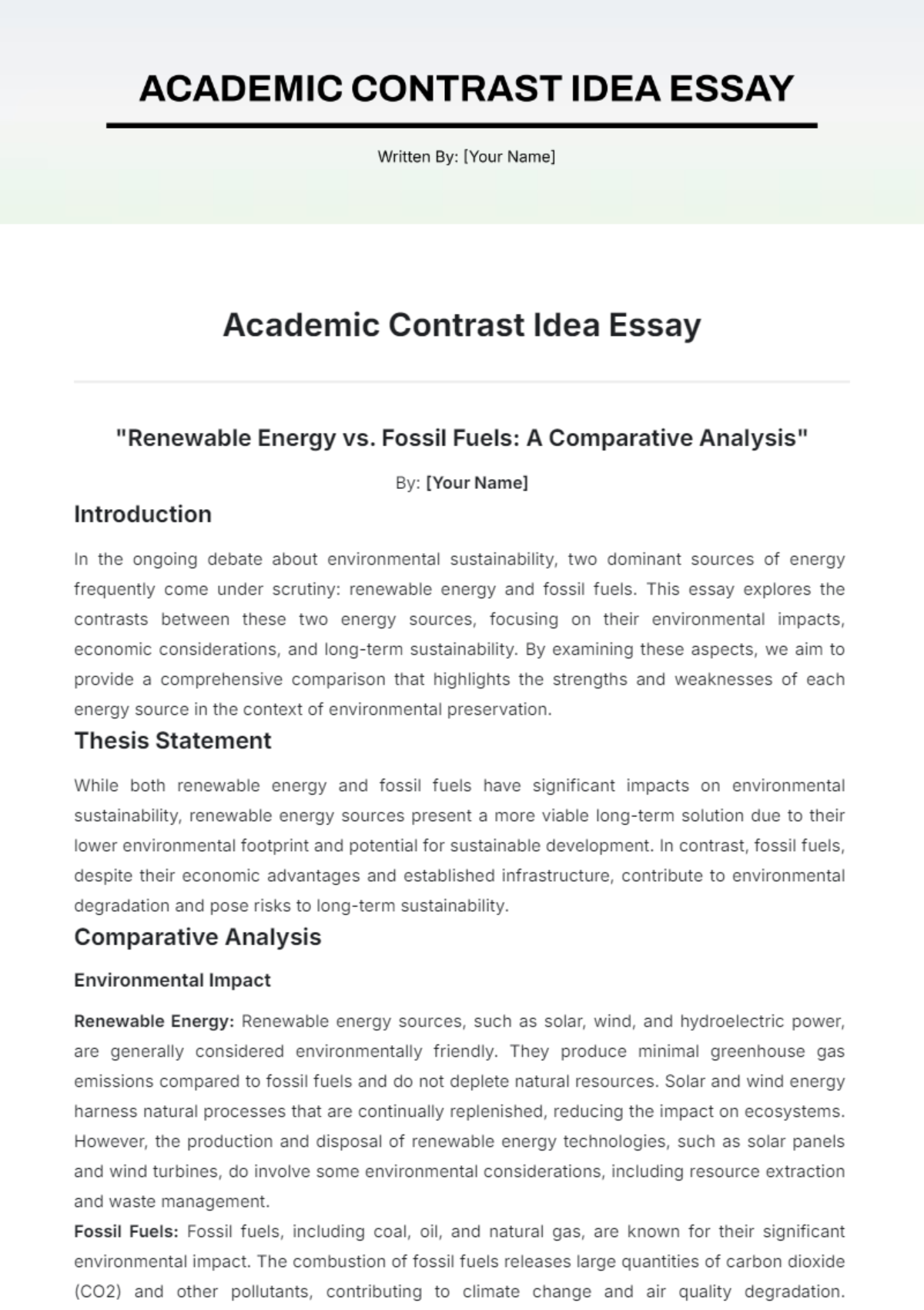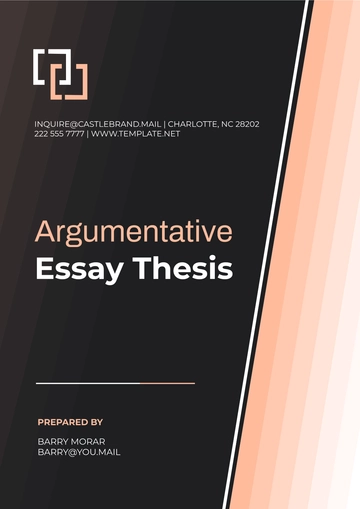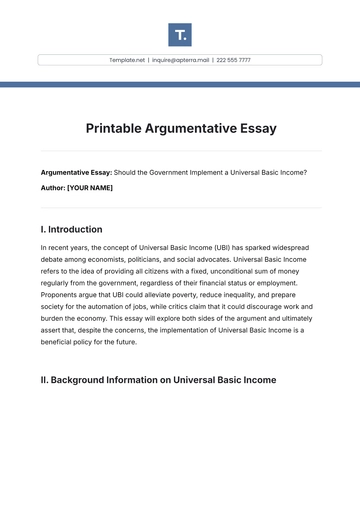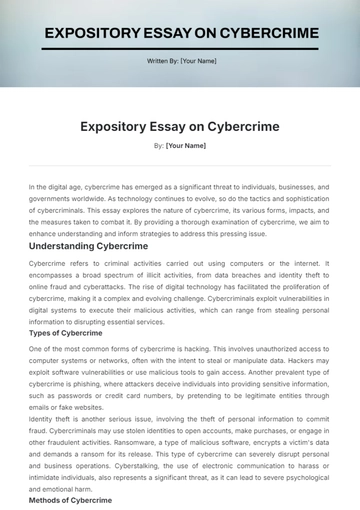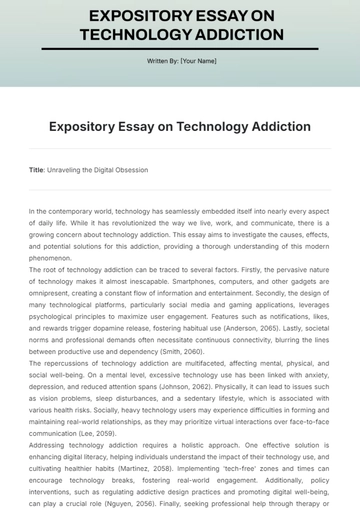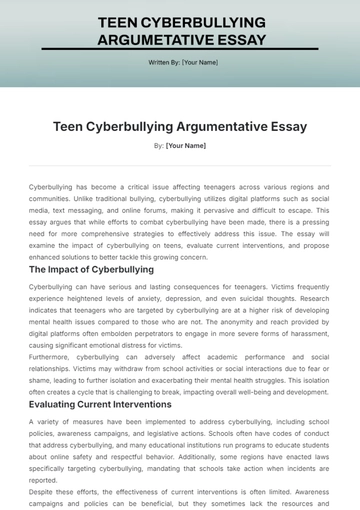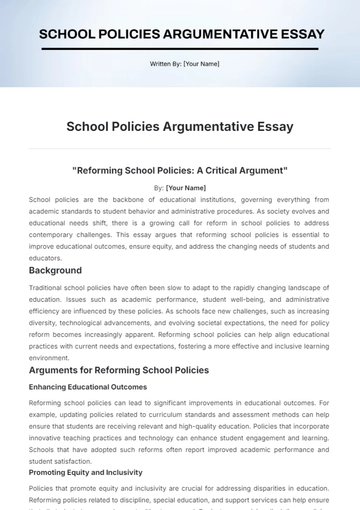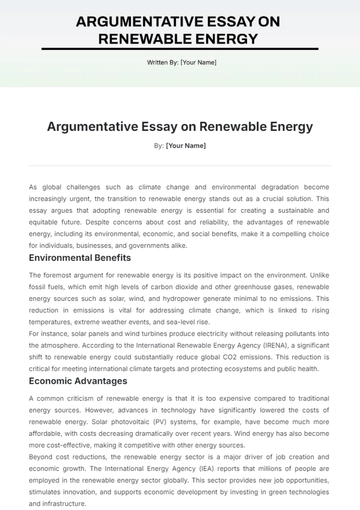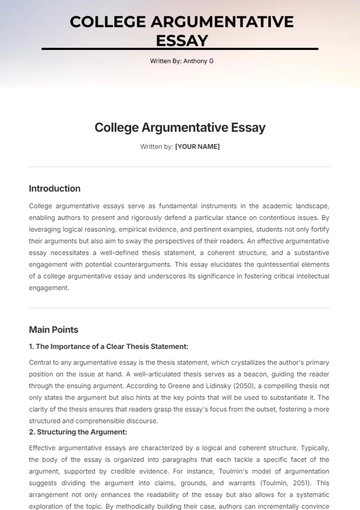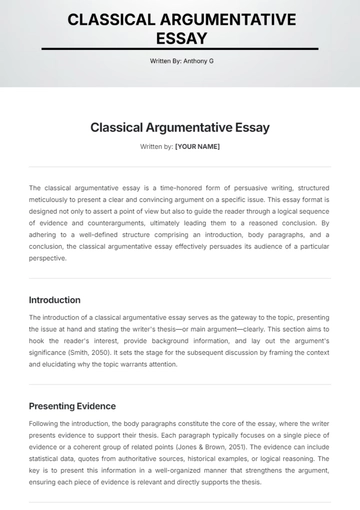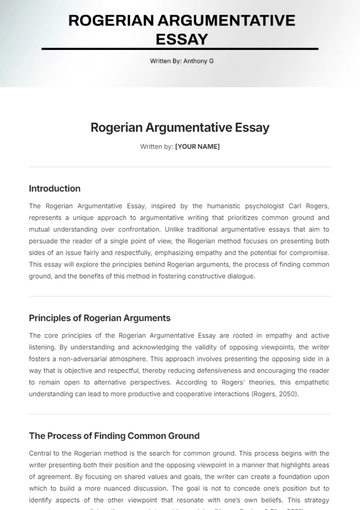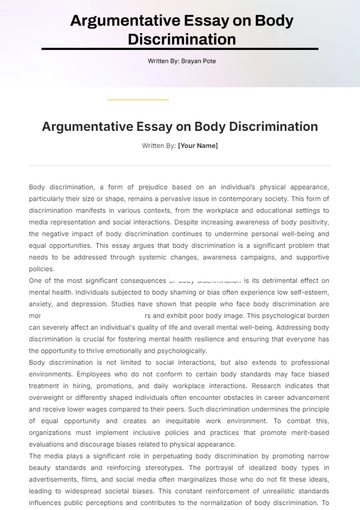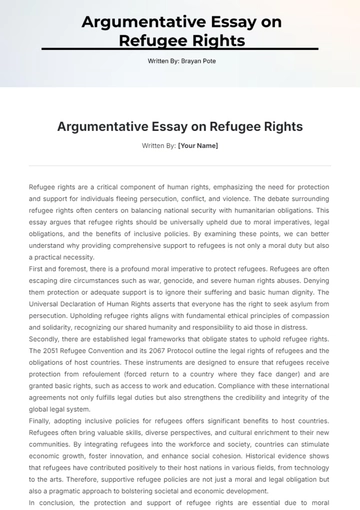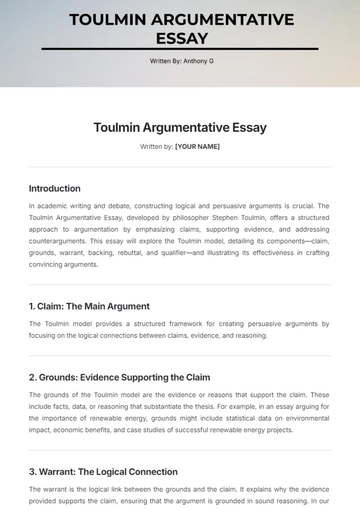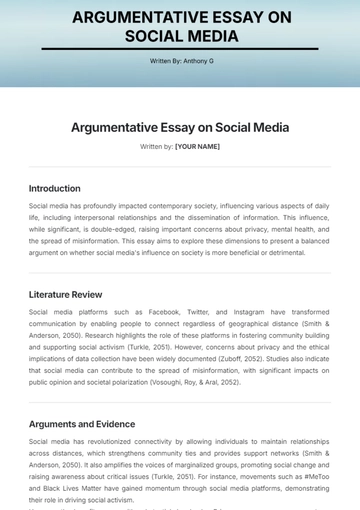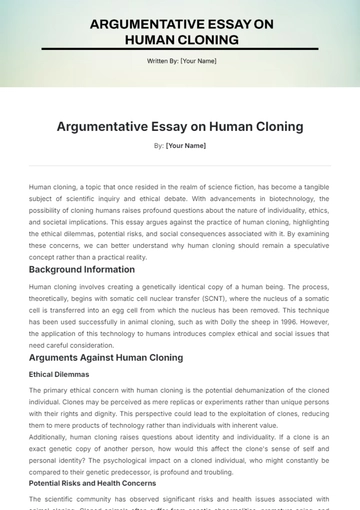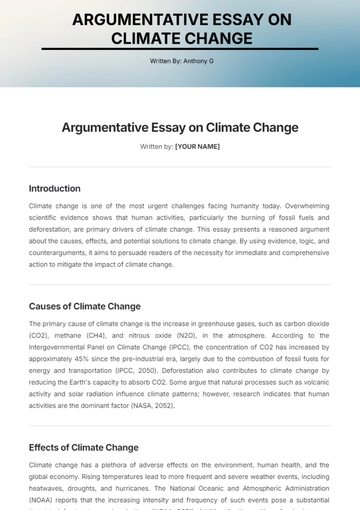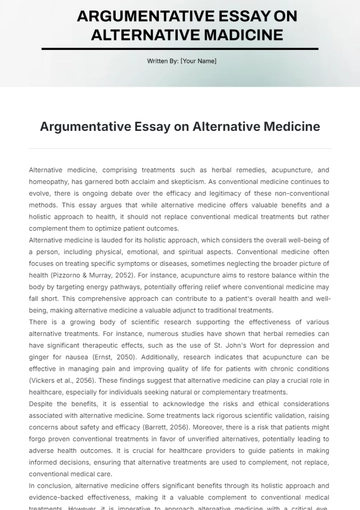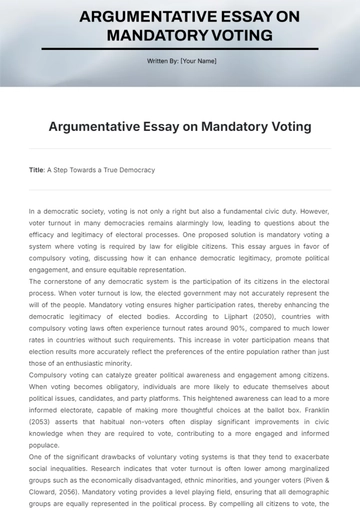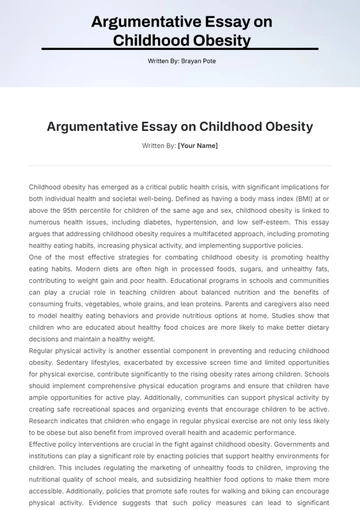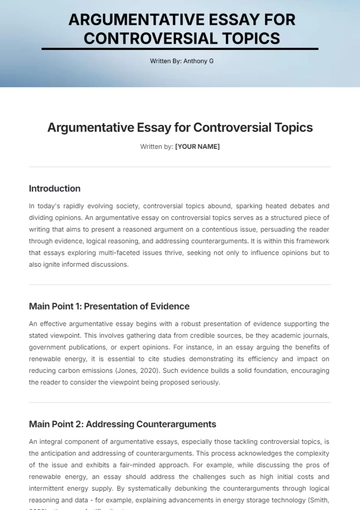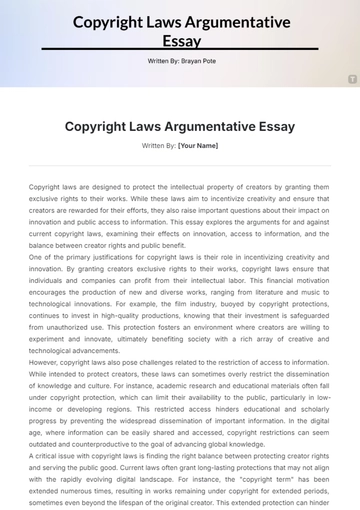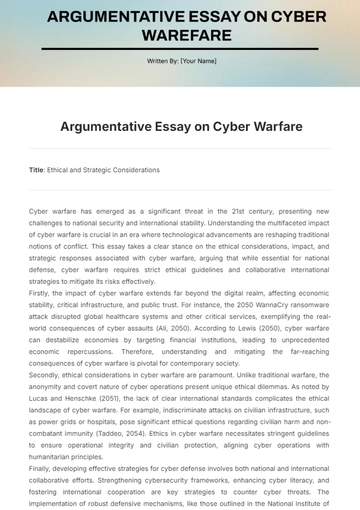Academic Contrast Idea Essay
"Renewable Energy vs. Fossil Fuels: A Comparative Analysis"
By: [Your Name]
Introduction
In the ongoing debate about environmental sustainability, two dominant sources of energy frequently come under scrutiny: renewable energy and fossil fuels. This essay explores the contrasts between these two energy sources, focusing on their environmental impacts, economic considerations, and long-term sustainability. By examining these aspects, we aim to provide a comprehensive comparison that highlights the strengths and weaknesses of each energy source in the context of environmental preservation.
Thesis Statement
While both renewable energy and fossil fuels have significant impacts on environmental sustainability, renewable energy sources present a more viable long-term solution due to their lower environmental footprint and potential for sustainable development. In contrast, fossil fuels, despite their economic advantages and established infrastructure, contribute to environmental degradation and pose risks to long-term sustainability.
Comparative Analysis
Environmental Impact
Renewable Energy: Renewable energy sources, such as solar, wind, and hydroelectric power, are generally considered environmentally friendly. They produce minimal greenhouse gas emissions compared to fossil fuels and do not deplete natural resources. Solar and wind energy harness natural processes that are continually replenished, reducing the impact on ecosystems. However, the production and disposal of renewable energy technologies, such as solar panels and wind turbines, do involve some environmental considerations, including resource extraction and waste management.
Fossil Fuels: Fossil fuels, including coal, oil, and natural gas, are known for their significant environmental impact. The combustion of fossil fuels releases large quantities of carbon dioxide (CO2) and other pollutants, contributing to climate change and air quality degradation. Additionally, the extraction and processing of fossil fuels can result in habitat destruction, oil spills, and other environmental hazards. The reliance on fossil fuels has been linked to various environmental issues, including global warming, acid rain, and health problems related to air pollution.
Economic Considerations
Renewable Energy: The initial investment required for renewable energy infrastructure can be high. However, the long-term economic benefits often outweigh these costs. Renewable energy sources typically have lower operating and maintenance costs and are less susceptible to price volatility compared to fossil fuels. As technology advances and economies of scale improve, the cost of renewable energy continues to decrease, making it increasingly competitive with traditional energy sources. Additionally, renewable energy can create jobs in new industries and contribute to energy independence.
Fossil Fuels: Fossil fuels have historically been a cornerstone of economic development due to their relatively low initial costs and well-established infrastructure. They provide a reliable and consistent energy supply, which supports various industries and economies worldwide. However, the economic advantages of fossil fuels are tempered by their environmental costs and the increasing potential for regulatory changes aimed at reducing emissions. The long-term economic viability of fossil fuels is increasingly challenged by the growing shift towards cleaner energy sources and the potential for carbon pricing and environmental regulations.
Long-Term Sustainability
Renewable Energy: Renewable energy is widely regarded as a key component of a sustainable energy future. Its ability to reduce greenhouse gas emissions and reliance on finite resources aligns with global sustainability goals. The ongoing development of advanced technologies and energy storage solutions enhances the reliability and efficiency of renewable energy systems. Furthermore, renewable energy supports broader environmental goals, such as reducing ecological footprints and preserving natural habitats.
Fossil Fuels: While fossil fuels have been a reliable source of energy, their long-term sustainability is compromised by their finite nature and environmental impact. The extraction of fossil fuels depletes natural resources and contributes to environmental degradation, making them less viable for sustainable development. The transition to renewable energy sources is increasingly seen as essential for achieving long-term sustainability and addressing the challenges posed by climate change and resource depletion.
Discussion
The comparison between renewable energy and fossil fuels reveals a clear distinction in their environmental, economic, and sustainability profiles. Renewable energy offers a more sustainable and environmentally friendly alternative, with lower emissions and long-term benefits. In contrast, fossil fuels, despite their current economic advantages, present significant environmental challenges and pose risks to future sustainability. As the global community continues to address climate change and pursue sustainable development, the shift towards renewable energy is becoming increasingly imperative.
Conclusion
In summary, while fossil fuels have played a crucial role in economic development and energy supply, their environmental impact and finite nature highlight the need for a transition to renewable energy sources. Renewable energy, with its lower environmental footprint and potential for sustainable development, represents a more viable long-term solution for achieving environmental sustainability. The ongoing advancements in renewable energy technologies and the growing recognition of environmental challenges underscore the importance of adopting cleaner energy alternatives for a more sustainable future.
Essay Templates @ Template.net
